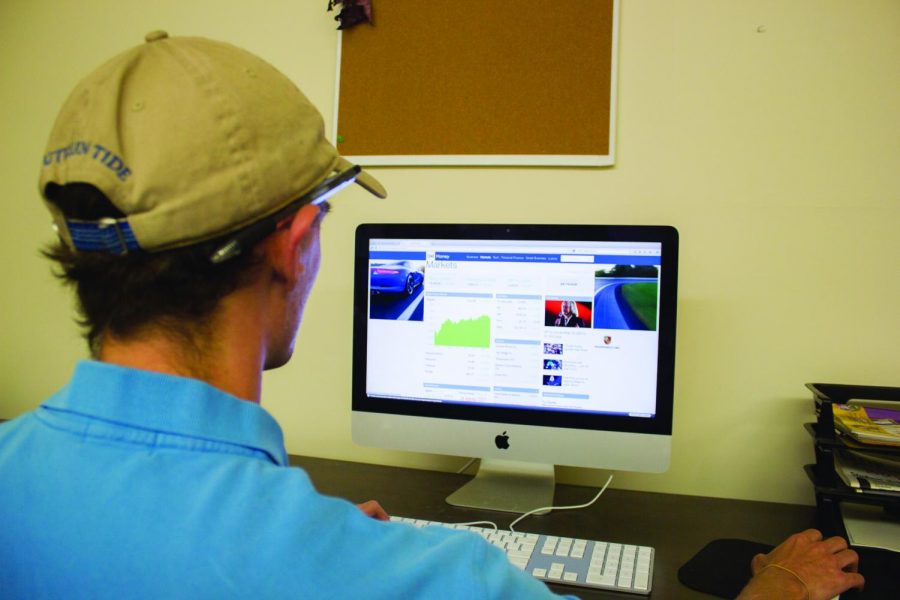Investing is a good way to save for the future
September 19, 2015
Early investing, of even small amounts, can yield profitable results.
An investment is an asset or item that is purchased with the hope that it will generate income or appreciate in the future, a definition according to investopedia.
Finance Professor Kristen Van Rensselaer encourages students to invest because they do not know when they may need the money in the future.
“People save for a variety of financial goals such as down payment for a home, retirement or children’s college education,” Rensselaer said.
Rensselaer said students might not have enormous amounts of money in their account. She said it is important to start investing with the little they earn. The money will eventually add up and they can use it in case of an emergency, she said.
“If you are in school and working, I would recommend you start learning more about investing, borrowing and personal finance so that you are prepared to make important financial decisions in the future,” she said.
Having an emergency savings account is essential so that students do not rely on loans, she said.
“If a student is just starting to think about investing, (having an emergency savings account) is where they need to start,” Rensselaer said. “Banks are making the process of building savings even easier. Most banks offer a program where every transaction on a debit card is rounded up so that you keep the change.”
Postgraduate student Jake Harrington recently joined the stock market. He is investing with tradeking.com, an online market.
‘I had a big interest in stock market,” Harrington said. “I wanted to grow my own money instead of just watching (other people invest).”
Harrington said the market is not consistent and it can be unpredictable.
“The market has kind of been up and down,” he said. “The Chinese market has been down but I’ve made a little bit of profit.”
Harrington explained there are different ways to invest. For example, saving money in a savings account or putting money in a project. The only difference is one has more profit returns than the other.
“In the long run, you’ll have more money,” he said. “It grows overtime. You have to be patient.”
Harrington encouraged students to be up to date with the stock market and learn more about it. He also encouraged students to take finance and Tennessee Valley Authority (TVA) class, a class that teaches students how to invest and introduces them to the market while partaking the class at UNA. He said the classes have influenced him to learn how the stock market, time values (the idea that the money someone presently has would be worth more after investing) and money work.
“You have to find a company or service that does stocking,” he said. “You can start by going to a bank that has mutual funds.”
Senior Ty Miller is a student investor. He is investing with TD Ameritrade, which he joined because of his father. His father also invests the company.
“I’m a financial person,” Miller said. “I’m always looking for ways to get money.”
Miller said he has had a few losses since he began a year or two ago but he has no regrets. The principal aim of investing is to make more money than what someone spends or the money investors put in a certain company, he said.
Losses might be incurred if the company is not doing well. Miller has made a good amount of money. He has made more than he has lost, he said.
“You just don’t go in (the stock market),” he said. “It takes time (before you start making profits).”












